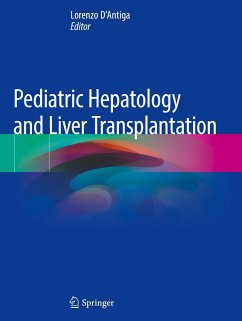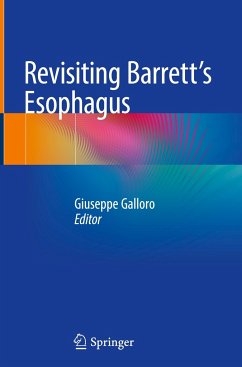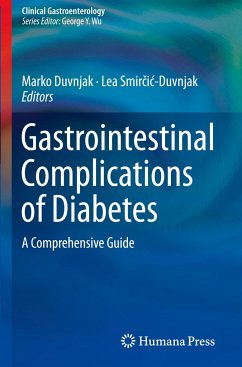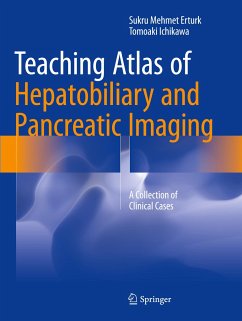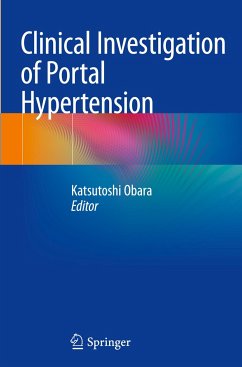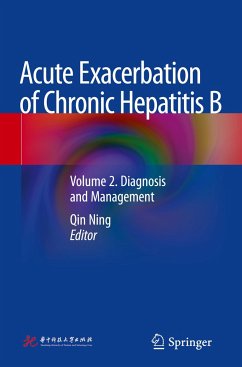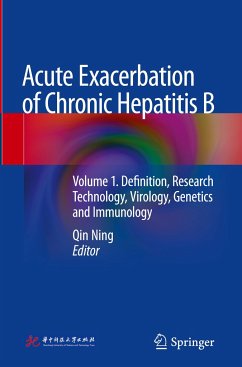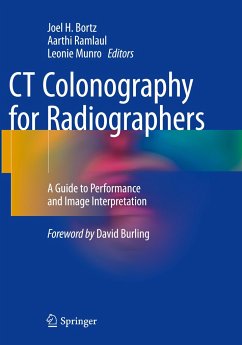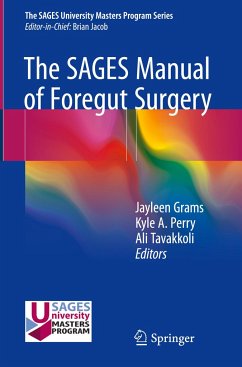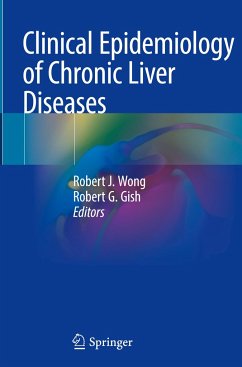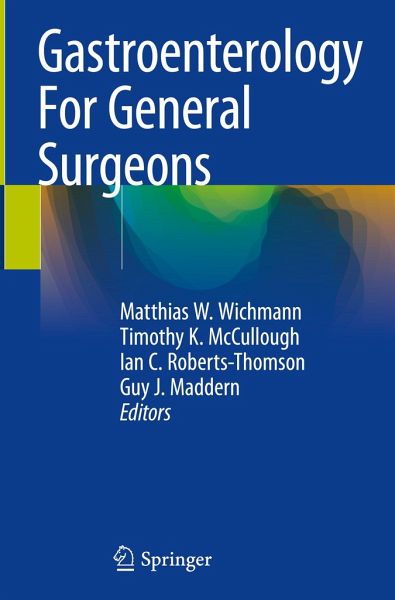
Gastroenterology For General Surgeons

PAYBACK Punkte
46 °P sammeln!
This book fills a void in the market for specialists who are working in areas without the support of gastroenterologists. Due to a lack of local expertise, treatment decisions in the field of gastroenterology frequently have to be made by non-gastroenterologists. The book addresses this problem by providing clear instructions on the diagnosis, medical management and on-going treatment of the most common disease patterns encountered in gastroenterology. Written by leading experts in their respective fields, it offers up-to-date evidence and insights into these conditions to enable adequate deci...
This book fills a void in the market for specialists who are working in areas without the support of gastroenterologists. Due to a lack of local expertise, treatment decisions in the field of gastroenterology frequently have to be made by non-gastroenterologists. The book addresses this problem by providing clear instructions on the diagnosis, medical management and on-going treatment of the most common disease patterns encountered in gastroenterology. Written by leading experts in their respective fields, it offers up-to-date evidence and insights into these conditions to enable adequate decision-making and safe management of these conditions.



